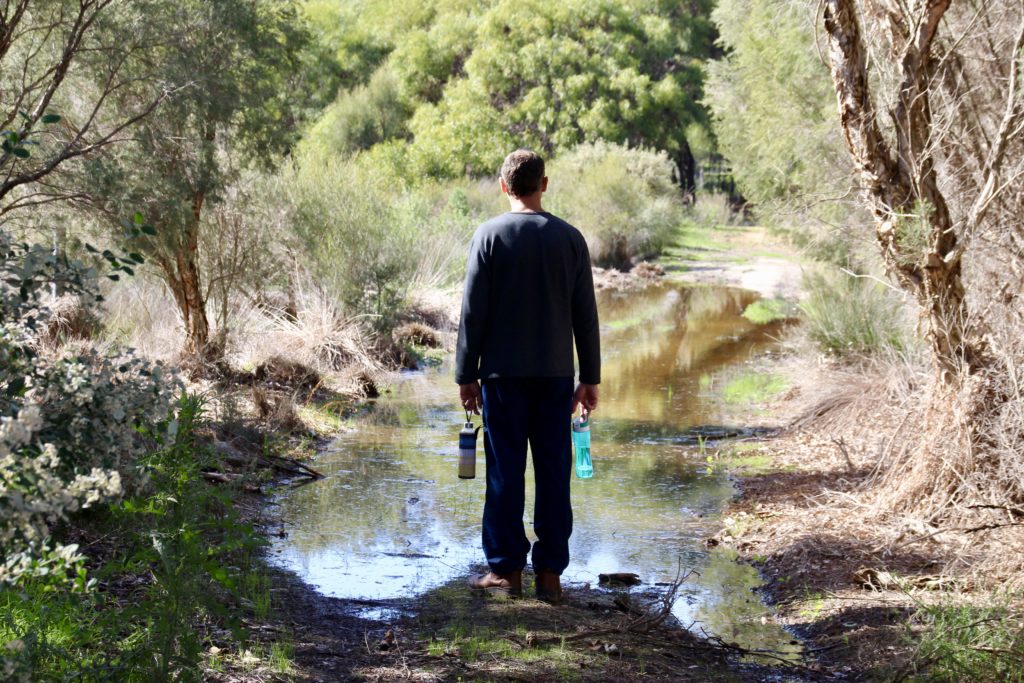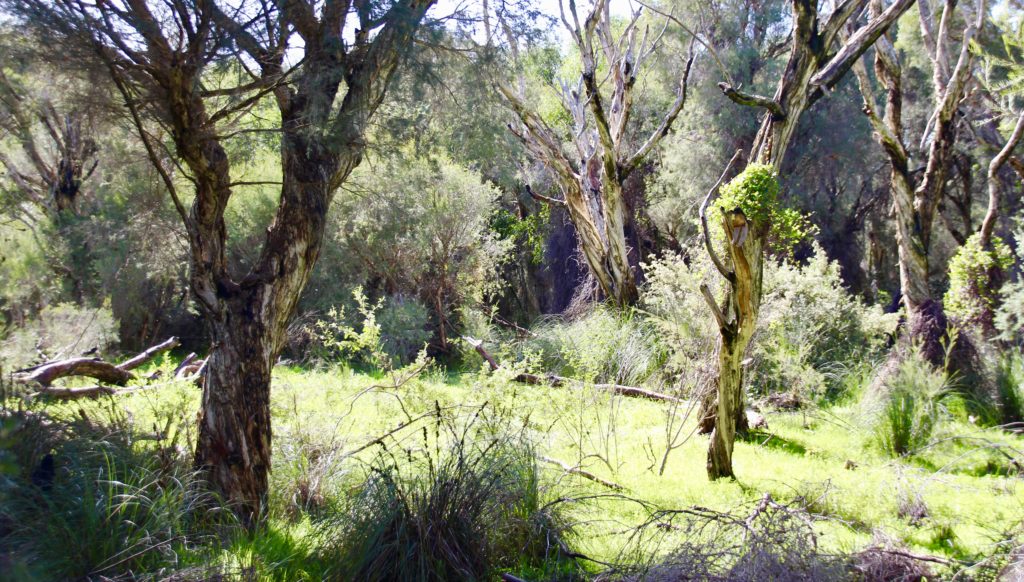Don’t sweat the small stuff.
It’s one of those things people say when others get worked up about seemingly trivial matters. And it makes sense, most of the time, to pick your battles and put energy into the things that really matter.
But writers, well, they have to sweat the small stuff. The details. It’s detail, the specificity, that makes their writing pop and creates a sense of wonder, curiosity and familiarity within the reader. [bctt tweet=”Details bring authenticity to character and setting in a way that abstraction cannot.” username=”writenote1″]
Remember when you were a child (back in the olden days when we didn’t have iPads and tablets to bury our curiosity about the world), and you got excited about the little things? A cloud shaped like a menacing dinosaur. A shiny five-cent piece on the pavement. Four-leaf clovers hidden in a patch of emerald green. A tiny flower wedged between bricks. Wriggling worms clothed in gritty earth. Butterflies flitting from flower to flower like fickle ballerinas.
Your voice would get high-pitched and you’d point: “Look!”
When Bear was not quite two (he’s now 22), we lived in a modern townhouse with a driveway that led to a cluster of postboxes. Our routine was to walk there each day and check the post box. But that 20-metre walk took ages because Bear had to stop and look at every single cigarette butt. He was head down, looking at the small stuff, while I had the bigger picture in mind.
These days, when Blue Eyes and I go for a walk, he’s always looking up, I’m looking down.

He has his eyes on the tree canopy, the way the wind’s blowing, and the clouds, while my eyes flit round and round, up and down, absorbing all that I can about my environment.
“Spider web!” (I prefer it when I see them before I walk into them and do the spider-web dance.)
“Look at that fungi!”
“Check out the cocoon!”
“Look at the fingers of light through the trees!”
“Flower! Mushroom! Lizard!”
You’re like a child, Blue Eyes says, his voice loving and amused at the same time. He’s right. My voice gets high and excited. I feel like a child.

And yet, this ability to notice details, to observe, is exactly what I need as a writer. [bctt tweet=”Observation is the key to making good writing great.” username=”writenote1″]
The more I write, the conscious I am of the need to avoid abstract nouns – to eliminate them – and replace them with well-timed sensory description, figurative language that makes my description remarkable.
I’m busy working on my second novel at the moment, tentatively titled Wildflower. It’s set in the 1970s and I’m having a great time digging into my memories and researching on Google to get the details right. It’s important to me that it has a distinctively Australian vibe and places readers firmly in the time I grew up. It’s the details that will make or break it.
When you’re writing, do sweat the small stuff. Your writing (and readers) will thank you.


How does a website help rural fiction authors in Australia and NZ?
© All Rights Reserved 2023 Monique Mulligan | Website Design by Thorn Creative
4 Responses
Great post. Beautiful photos.
Excellent advice, nicely offered.
Being childlike and retaining that same sense of wonder is a gift and a blessing. I hope you never ‘grow old’!
What an amazing butterfly photo – just gorgeous.
Thanks for the reminder that it’s the tiny details that can mean the most.
Great butterfly photo! I think being a photographer helps in noticing the small details, too. And I love sensory details when it comes to writing—they really place a reader right there! xx